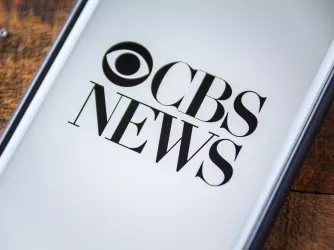Table of Contents
CNET Covers MSU ‘Spam’ Case
Declan McCullagh, CNET News' chief political correspondent, has just posted an article on FIRE's active case at Michigan State University (MSU). As we reported yesterday, MSU junior Kara Spencer faces suspension for "spam" because she e-mailed about 8 percent of MSU's faculty to ask them to lend their voices to campus debate about changes to the MSU academic calendar and freshman orientation calendar. The MSU administration seemed to be pushing these changes through quickly, allowing less than a month for discussion. With the support of the University Committee on Student Affairs (UCSA), a formal MSU committee that includes students, several faculty members and several administrators, Spencer carefully selected which faculty should receive her version of the UCSA's response to the proposed changes and e-mailed about 400 faculty members over two days.
MSU has an unconstitutional policy, however, restricting unsolicited e-mail—even about extremely relevant campus matters—to approximately 20 to 30 persons over a two-day period. Spencer tells me that she is the first student ever prosecuted under the policy.
Apparently it is okay to send unsolicited e-mail about subjects like the availability of tickets to Spartans football games—that is, if you are a university administrator. Indeed, student comments on an MSU news article on Spencer's case point out that "I get spam from the University all the time." But when the unsolicited e-mail comes from a student who is challenging one of the MSU administration's initiatives, watch out.
McCullagh reports:
In a statement on Friday, MSU said: "It is clear that this policy is content neutral and is a set of procedural requirements that apply to all bulk use of the e-mail system, as opposed to a policy that makes distinctions based on the content of particular emails. It is our belief that such a policy does not impose unlawful restrictions on free speech."
But the restrictions in the policy are far, far from a "narrowly tailored" restriction on speech in order to achieve a legitimate MSU objective. Imagine the state of Michigan, for example, passing a law stating that no citizen may send more than about 20 or 30 unsolicited, non-commercial e-mails on the same topic over two days in order to keep people's e-mail inboxes less full. MSU's policy does not pass the laugh test, let alone any test of common sense.
Recent Articles
FIRE’s award-winning Newsdesk covers the free speech news you need to stay informed.

The FCC's show trial against CBS is a political power play

UPDATE: Another federal appeals court backs academic free speech for public employees

Feds to Columbia: ‘You want $400 million in contracts back? Do this (or else)’
